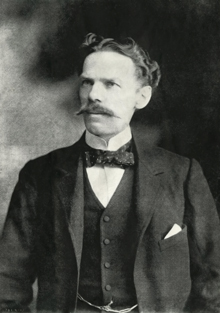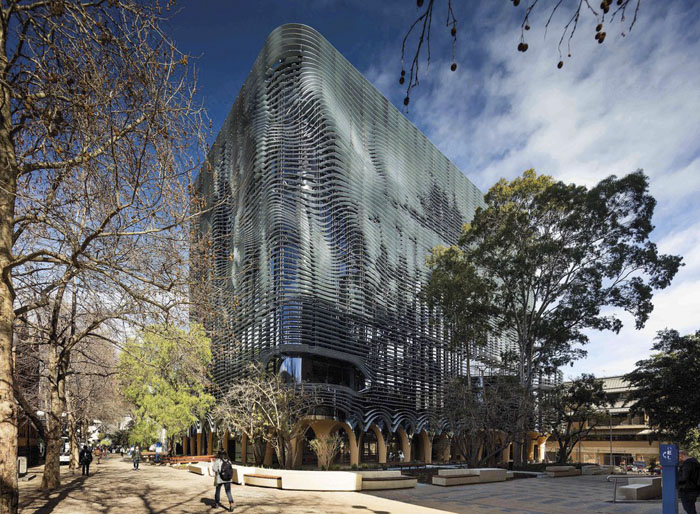History and vision
Our history

Thomas George Tucker (1859-1946)
1896
Professor of Classical Philology University of Melbourne Archives
With permission
In 1855, the Bachelor of Arts became the first degree offered by the fledgling University of Melbourne and teaching began with three professors and only sixteen students. 1903 saw the formal establishment of the Faculty of Arts with Thomas George Tucker, the Professor of Classical Philology appointed as its Dean.
World War 1 saw a proliferation of female students to the campus, many of them studying Arts. After the war the building now known as Old Arts (Building 149) was built adjacent to the Old Quadrangle. The study of languages flourished between the wars and in 1948 Babel (Building 139) was built.
In 1949 the School of Political Science was established. Its founding Professor, William McMahon Ball had a particular interest in Australia’s relationship with Asia and encouraged a more regional outlook within his department and the Faculty. This focus continues today with the work of the Asia Institute established in 2006.
The introduction of the Melbourne Curriculum, brought dramatic changes to the Faculty, including the launch of the Graduate School of Humanities and Social Sciences in 2009. The landmark Arts West (Building 148), completed in 2016, demonstrates the continued dynamism and innovation of the Faculty of Arts.
The Faculty continues to offer courses in Classical Greek and Latin, alongside its world-class Digital Studio dedicated to the digital humanities.
Our vision

Building on our achievements to date, by 2025 the faculty of arts will be:
- the leading faculty of our kind in the Asia-Pacific region and one of the most compelling in the world, known above all for the difference we make locally, nationally, regionally and globally
- home to a dynamic, diverse and inclusive community of staff and students who are committed to achieving our full potential by working together and with our partners in a spirit of courageous generosity
- transformed by recognising and engaging the ways of knowing held by Aboriginal and Torres Strait Islander peoples, on whose land we work
This vision, as well as our mission, values and strategic priorities from 2019 until 2025, are covered in our Strategy Map (110kb pdf).